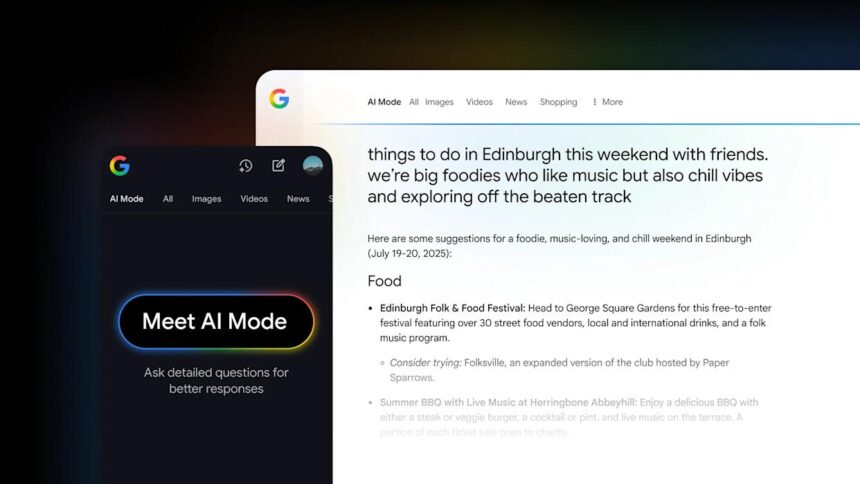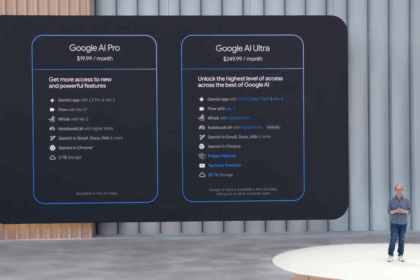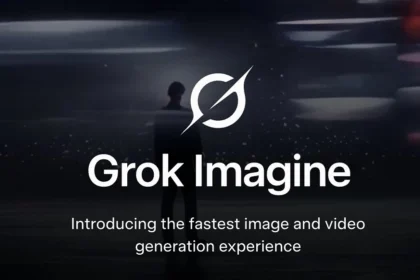Google has long insisted that its AI-powered Search Overviews and summaries don’t harm publishers’ traffic. But many in the publishing industry disagree—and now one of them is taking the fight to court.
On Friday, Penske Media Corporation, parent company of Rolling Stone and The Hollywood Reporter, filed a lawsuit against Google. The company claims that Google’s AI-generated summaries siphon readers away from their websites by giving people enough information at the top of search results that they don’t bother clicking through to the original articles.
Why Publishers Are Pushing Back
Penske’s argument is straightforward: less traffic means fewer ad impressions, fewer subscriptions, and ultimately less revenue. They also allege that Google uses its search dominance to strong-arm publishers into giving up access to their work, since opting out could mean losing visibility altogether in search results.
In other words: play along with Google’s rules, or risk disappearing from the world’s most important search engine.
Google’s Response
Unsurprisingly, Google disagrees. Company spokesperson Jose Castaneda told Reuters:
“With AI Overviews, people find Search more helpful and use it more, creating new opportunities for content to be discovered. We will defend against these meritless claims.”
That mirrors what Google has been saying for months. In a recent blog post, the company argued that outbound traffic from Search has remained “relatively stable year-over-year,” though it didn’t define what “stable” actually means. Google also claimed that click quality—the depth of engagement from people who do click—has improved.
Publishers Say Otherwise
But publishers point to starkly different numbers.
- DMG Media (owner of the Daily Mail) says its click-through rate dropped by as much as 89% after AI Overviews rolled out.
- The Washington Post, Business Insider, and HuffPost have all reported significant traffic declines, according to The Wall Street Journal.
- Pew Research found that users shown traditional search results (no AI summary) clicked through to original articles nearly twice as often as those presented with an AI-generated overview.
Even Google’s own AI assistant, Gemini, undercuts the company’s stance. If you ask it whether AI Overviews are reducing traffic, it responds:
“Yes, Google’s AI Overview in search results appears to be resulting in less traffic for many websites and publishers.”
That raises an awkward question: Is Google misleading publishers about the impact of AI Overviews, or is its own AI model providing unreliable answers?











